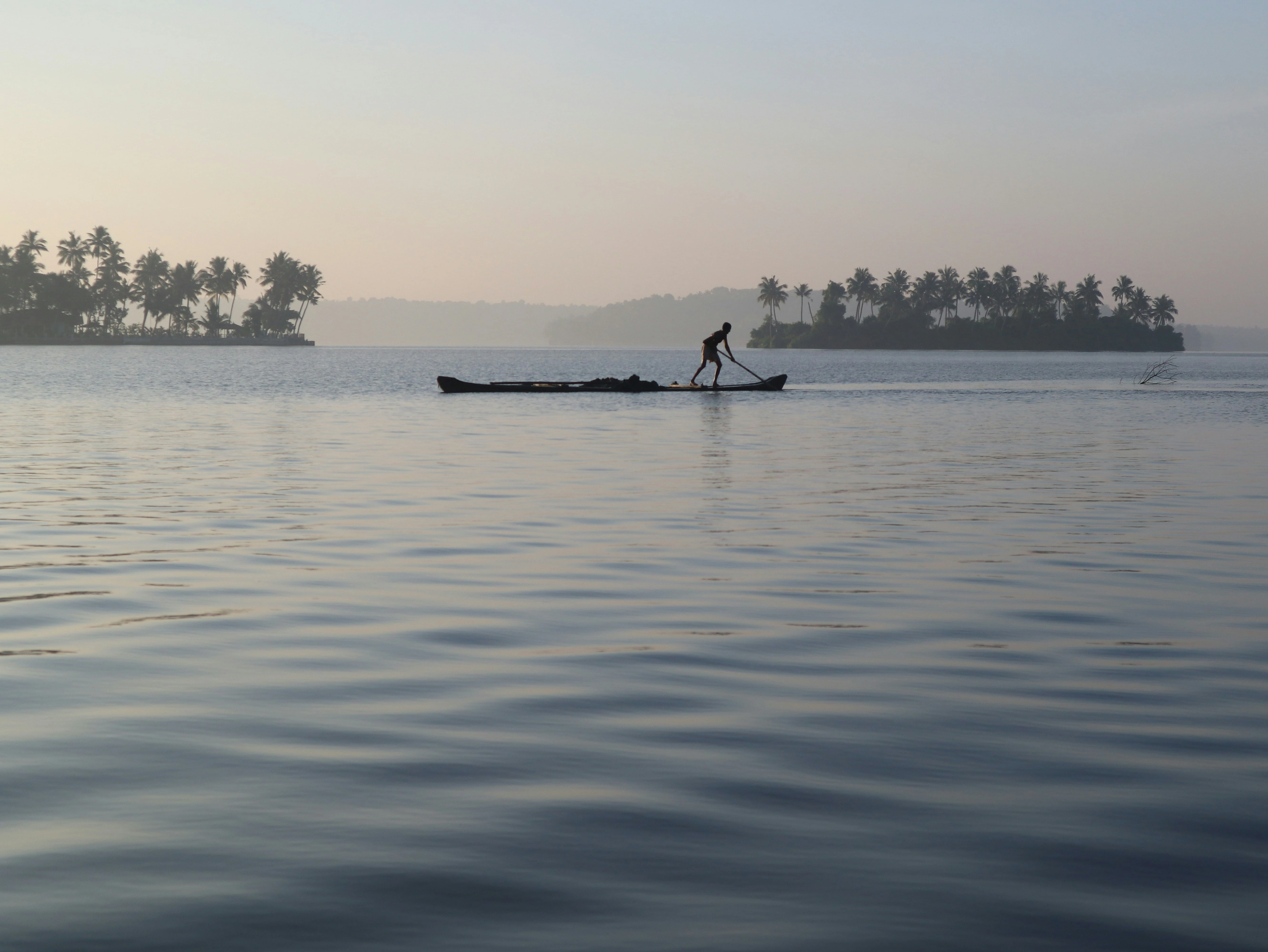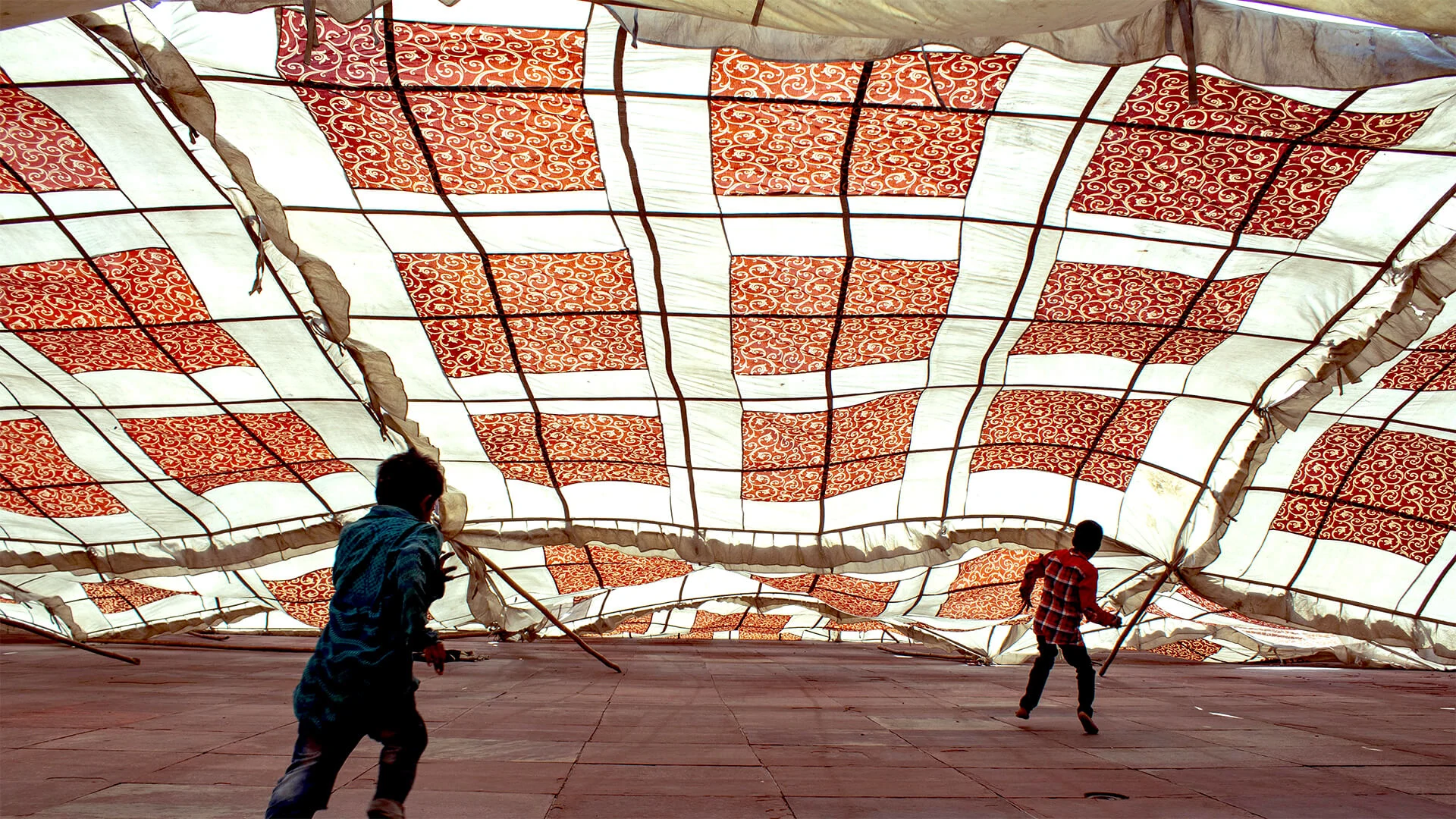In this short interview, Tanya Kak (Portfolio Lead – Climate & Environment), Rohini Nilekani Philanthropies, sheds light on why agroecology is emerging as a priority funding area, their learning approach, and who they’re looking to partner with.
We heard you’re looking to expand your climate strategy to focus more on agroecology. Why are you redirecting your focus now, and what’s the urgency for philanthropy?
Through last year, we began to revisit and redefine the contours of our climate and environment strategy. It was clear to us that we cannot think of building resilience of communities to increasing climate risks without thinking of food systems and agriculture. A large part of our work has also been around conservation and biodiversity loss. While we require a coordinated and integrated plan to deal with the increasing vulnerabilities we face due to climate change, soil degradation, and biodiversity loss, action on the ground can sometimes feel siloed and fragmented.
Agroecology presents a unique opportunity, a holistic solution to the climate crisis, blending ecological sustainability with food sovereignty and social equity. To our mind, philanthropy has a crucial role to play to accelerate transitions that reduce dependency on environmentally harmful agricultural practices while ensuring the incomes and wellbeing of smallholder farmers and indigenous communities. By investing in agroecology, we are hoping to contribute to climate resilience, restoring ecosystems, and ensuring sustainable livelihoods.
What is your learning approach or mindset towards newer spaces like agroecology? Any considerations or safeguards in mind while navigating this space?
We see agroecology as both science and struggle, innovation and tradition. Entering this space means embracing complexity, letting go of linear solutions, and committing to co-learning with those who have been stewards of the land for generations. We approach this work with humility—flexible in our strategies but firm in our values. Agroecology isn’t about scaling a single model; it’s about honouring diversity and threads of knowledge that have existed with communities for generations, shifting entire systems toward resilience, justice, and regeneration. That means funding beyond short-term projects, embracing uncertainty, and being willing to change course based on what communities need. We’re here to listen, adapt, and invest in a movement.
What kinds of partners and programmes are you looking to support?
We are looking to support partners and projects that break silos and take an integrated approach—viewing agroecology as a bridge between agriculture, biodiversity, and systemic change. This means putting farmers (their incomes and resilience) at the centre, strengthening local seed systems, and supporting policies that shift economic incentives toward regenerative practices. We seek initiatives that blend ecological restoration with food sovereignty, ensuring agroecology remains a tool for resilience and justice, not just sustainability. We have been supporting such networks of practice and innovative models including organisations such as CAT, WOTR, Utthan — each taking a unique approach to further this agenda.
Do you have a message for other funders who are considering entering this space?
We have discovered that it is crucial to have a mindset of flexibility, risk-taking, and collaboration. Agroecology is not a quick-fix solution — it’s about reimagining food systems from the ground up. It requires patient capital, a learning mindset, and a commitment to systemic change. This is not about scaling a single model but about strengthening networks, shifting policies, and resourcing those already leading the way. Fund farmers as experts, invest in movements, and be prepared to challenge the status quo. Funders should be prepared to support grassroots leadership, embrace complexity, and fund intersectionally — connecting agroecology to climate resilience, biodiversity, health, and economic justice.

Subscribe to our Newsletter
Join ICC's monthly newsletter and read more about uplifting climate narratives, innovative solutions, and other updates.




